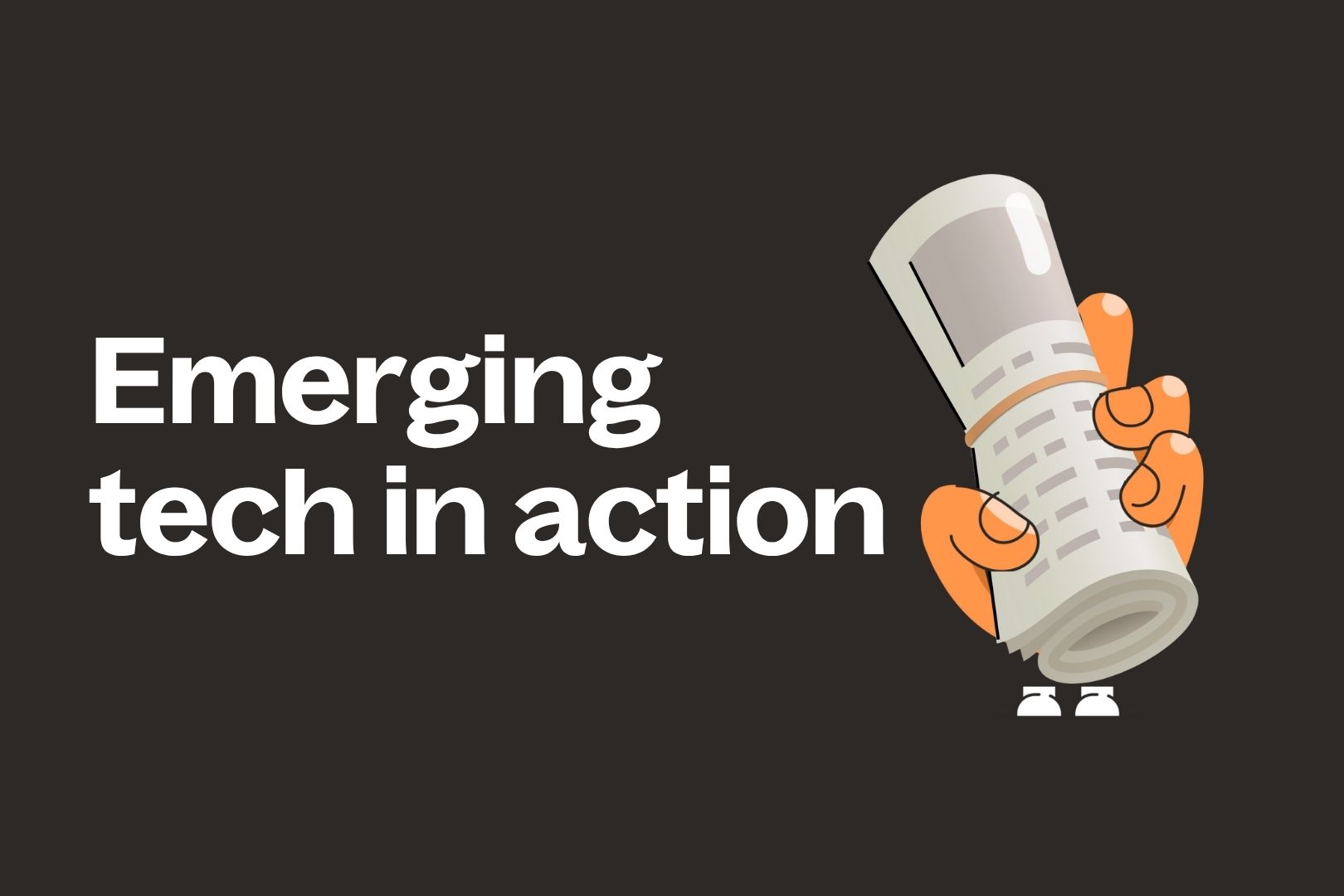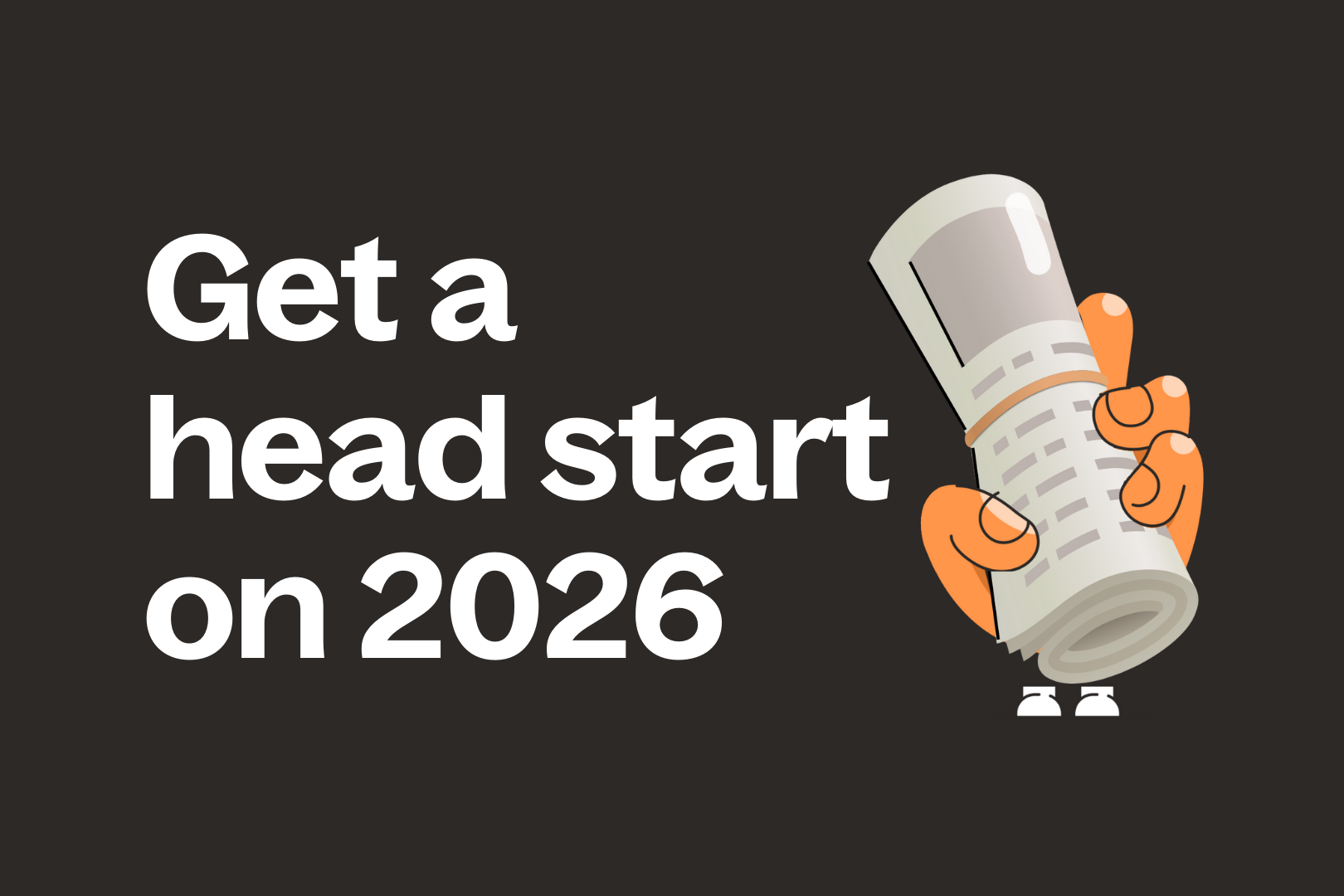Emerging technology is reshaping how councils collect, interpret and act on information, but the real value lies in what happens after the data comes in. It’s about making smarter decisions, faster, without increasing admin or complexity for your teams.
In this edition of the Scoop, we’re spotlighting how councils are using intelligent tools to turn everyday activity into actionable insights, deliver faster resolutions, and scale better outcomes across their communities.
In this edition of the Scoop we’ll explore:
○ How councils are using AI to understand how public spaces are really used
○ What Glen Eira achieved just three months into using Duplicate Detection
○ A smarter way to clean your data with AI-assisted incident type updates
○ How Mornington Peninsula Shire and the City of Port Phillip are scaling simple solutions for shared spaces
How councils are using AI to understand shared spaces
Artificial intelligence is already helping local governments move beyond traditional data collection, into real-time, context-rich insights that support smarter planning and service delivery.
In a recent pilot, Wollongong City Council partnered with Telstra Spatial Insights to explore how AI-powered video analytics could improve management of one of the city’s busiest shared paths. Instead of simply counting passersby, the system used anonymised, real-time footage (without recording any video) to detect traffic types, including pedestrians, cyclists, and dogs, along with movement patterns like speed, direction, and dwell time.
Unlike static counters, the AI model could adapt mid-trial. When dog activity emerged as a priority, remote updates enabled new detection logic, offering a clearer picture of shared space use as it evolved.
The result was more than just a dataset it was a dynamic, privacy-first approach to understanding how public spaces are used and when intervention might be needed. For councils considering how to get more from their existing infrastructure, AI like this is helping bridge the gap between observation and action.
What Glen Eira achieved after 3 months of Duplicate Detection
Duplicate reports aren’t just a data nuisance, they can skew performance metrics, waste field resources, and drain valuable staff time.
That’s why Glen Eira City Council started using the Duplicate Detection Algorithm in Snap Send Solve midway through 2025. Within the first six weeks, the system identified 79 duplicate reports, saving close to nine hours of manual admin, the equivalent of a full working day. More importantly, it prevented 77 unnecessary field call-outs and stopped 45 duplicate jobs from reaching external contractors.
The total cost savings? More than $9,800 in just six weeks.
For Kiran Nagra, Coordinator of Customer Experience at Glen Eira, the impact goes beyond the numbers:
“While our team works hard to manage it, without automation we’re constantly playing catch-up. This solution changes that.”
Extrapolated over a full year, Glen Eira could expect to save over $88,000, all by automating what used to be a slow, manual process. But for the team, the biggest win is clarity: with cleaner data and fewer duplicate jobs to chase, staff can focus on the requests that matter most.
Check out the full case study here.
AI-suggested incident types, right in the Portal
As councils adopt more digital tools, having more data isn’t the challenge, it’s making sure that data is accurate, clean and useful.
That’s why we’ve introduced editable incident types, supported by AI-suggested matches, directly in the Portal. It’s a small shift that makes a big difference to make sure that what gets reported reflects what’s actually happening on the ground.
With AI surfacing the most likely incident type first, the guesswork is gone, replaced with faster decisions and stronger data integrity, from the moment a Snap is triaged.
Scaling simple ideas across busy spaces
.png)
While not every solution is digital, many of the most effective ones work because they’re designed to scale and are supported by systems that track what’s working.
Mornington Peninsula Shire and the City of Port Phillip are both trialling Container Deposit Scheme exchange baskets in high-traffic public areas, from foreshore paths to local parks and activity centres.
These collection points make it easier for residents to participate in container returns on the go, while reducing litter and encouraging recycling in busy shared spaces. With Mornington’s trial extending across 90 locations and Port Phillip introducing baskets at targeted foreshore spots, the initiative shows how thoughtful design can scale and deliver lasting environmental benefits without added complexity.
Though the baskets themselves are low-tech, these trials feed into a broader state-managed CDS system that tracks return volumes and location performance, helping councils and return operators assess what works, where, and why.
Smart solutions aren’t always high-tech; sometimes, they’re just well-timed and built around real community needs.
Ready to put your data to work?
Whether you’re exploring emerging tech, refining your processes, or looking for smarter ways to serve your community, we’re here to support you.
If you’d like to chat about any of the tools or explore what’s possible with your existing data, just reach out. We’re always up for a conversation.





Stay in the loop with insights that matter
Sign up for exclusive research, industry insights, and updates tailored for Solvers on the Snap Send Solve platform.









